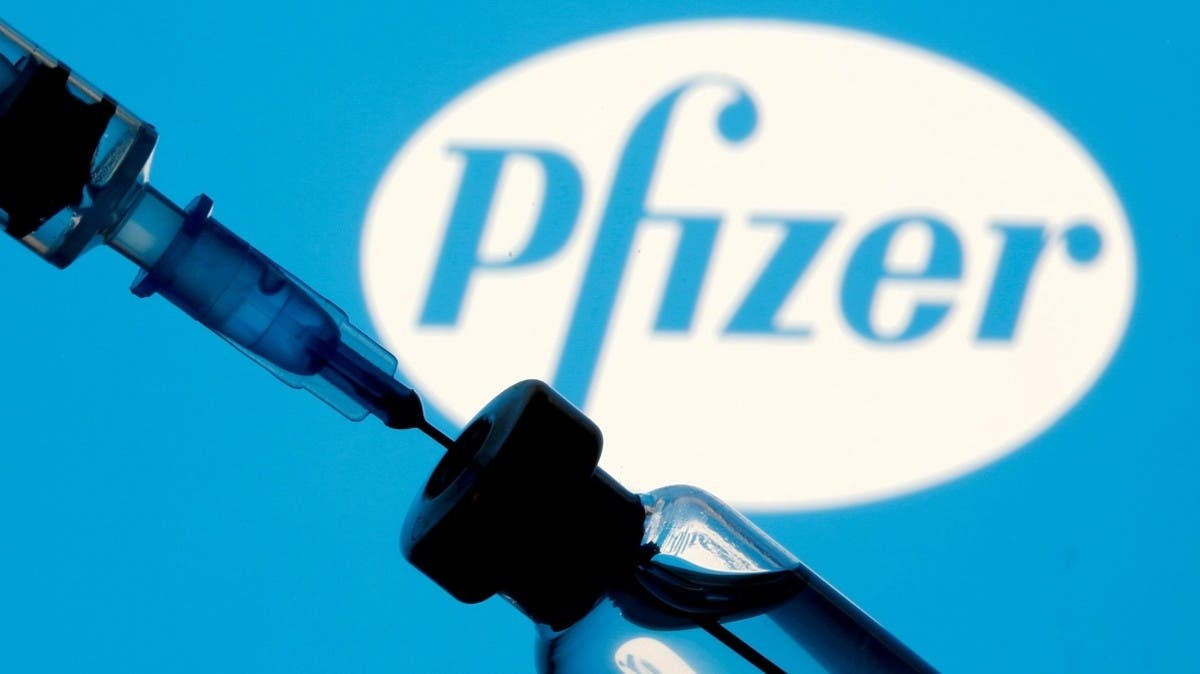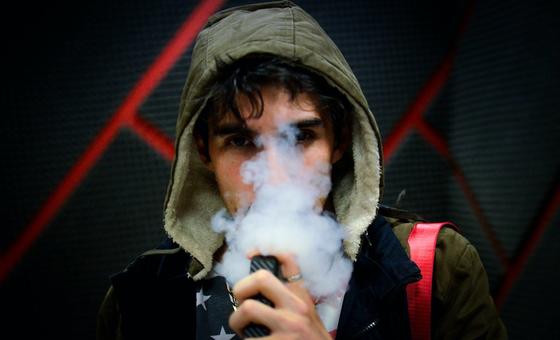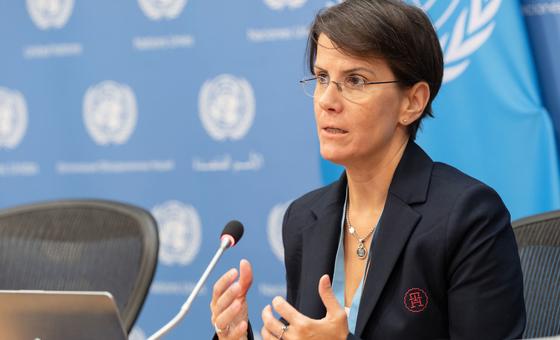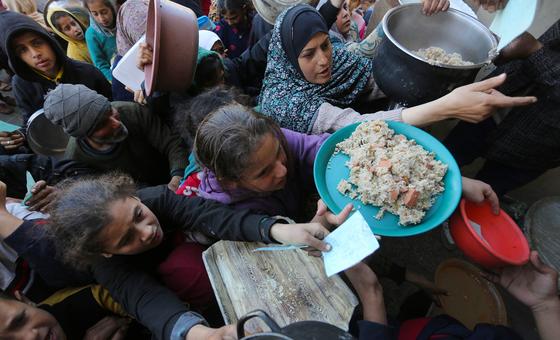Pfizer said Thursday it wants to expand its COVID-19 booster shots to healthy elementary-age kids.
US health authorities already urge everyone 12 and older to get one booster dose for the best protection against the newest variants — and recently gave the option of a second booster to those 50 and older.
For the latest headlines, follow our Google News channel online or via the app.
Now Pfizer says new data shows healthy five- to 11-year-olds could benefit from another kid-sized shot.
In a small study, 140 youngsters who’d already gotten two shots were given a booster six months later, and researchers found the extra shot generally revved up their immune response. But a closer look at 30 of the children found a 36-fold increase in virus-fighting antibodies, levels high enough to fight the super-contagious omicron variant, Pfizer and its partner BioNTech said in a press release.
The data has not been published or vetted by independent experts.
Pfizer tested the kid booster while omicron was surging this winter. While COVID-19 cases now are at much lower levels in the US, in recent weeks an even more contagious version of omicron, called BA.2, has become the dominant type locally and around the world.
In the coming days, the companies plan to ask the US Food and Drug Administration to authorize a booster for healthy five- to 11-year-olds. They also plan to share the data with European and other regulators.
Vaccinations are generally less effective against the omicron variant than earlier versions of the coronavirus — but they do still offer strong protection against severe disease.
While COVID-19 is a bigger threat to adults, youngsters can get seriously ill. But regulators will have to decide if healthy elementary-age kids really need a booster, and if so, when.
The Pfizer shots are the only vaccine available to US children. Those ages five to 11 receive one-third of the dose given to everyone 12 and older. Just over a quarter in the younger age group have gotten two doses since vaccination opened to them in November, shortly before omicron struck.
The US hasn’t yet allowed vaccinations for children under five. But certain five- to 11-year-olds — those with severely weakened immune systems — already are supposed to get three doses, to give that high-risk group a better chance of responding.
Read more:
New COVID-19 vaccine may also protect cancer patients with weak immunity: Study
Worldwide COVID-19 cases surpass 500 million as omicron variant BA.2 surges
COVID-19: UAE updates travel protocol of unvaccinated Emirati citizens as of April 19

 World2 years ago
World2 years ago
 World2 years ago
World2 years ago
 Entertainment7 years ago
Entertainment7 years ago
 World7 years ago
World7 years ago
 Entertainment7 years ago
Entertainment7 years ago






